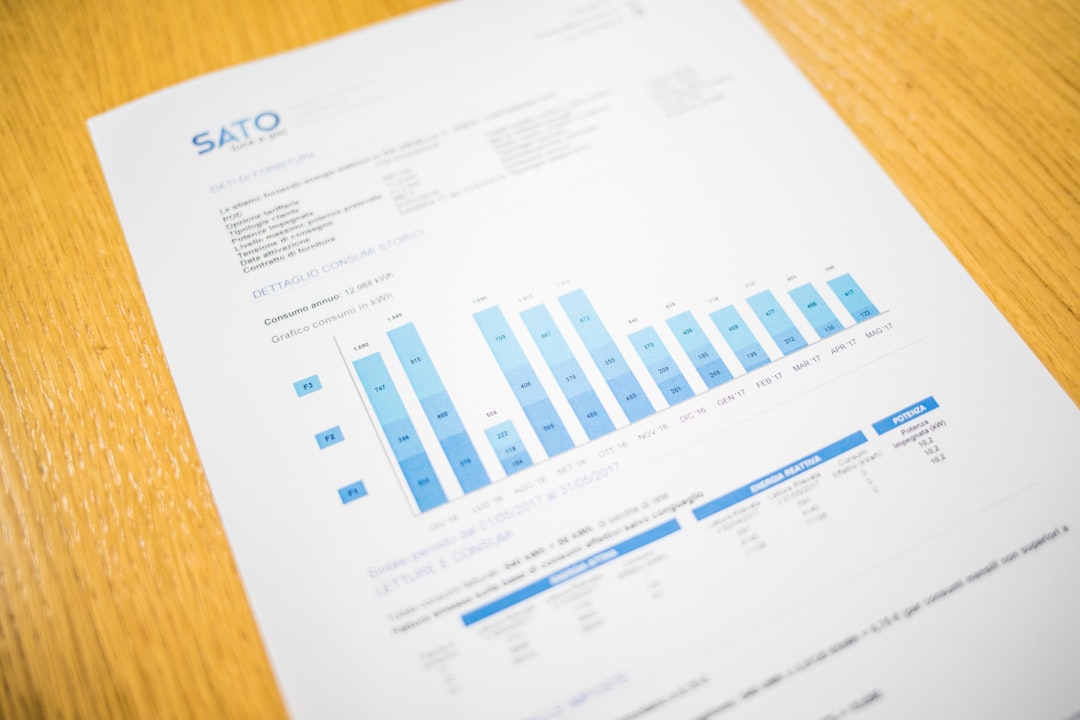Whether we like it or not, credit scores matter. They factor into financing for houses and cars and the information on credit reports that helps make up a credit score may be used when you go to rent an apartment or even when you get insurance.
This means it’s important to monitor your score. You can do this for free by using annualcreditreport.com.
But what happens when your score drops and you don’t know why?
The consumer protection attorneys at Finn Law Group have some insight as to why this may happen and what you can do about it.
Your Credit Score Just Dropped, Now What? (finnlawgroup.com)
Here’s what they have to say:
If you see a drop in your credit score or errors on your report, you can file a dispute with the credit bureau. You can do this online, by mail, or over the phone. The credit bureau has to investigate your claim and get back to you within 30 days.
If the credit bureau finds that the information is incorrect, it will be removed from your credit report. You might also request that the credit bureau send a correction notice to anyone who’s received your report in the past six months (or two years, if it’s a mistake that could impact your employment).
You can also file a direct dispute with the company or furnisher that provided the information to the credit bureau. The company also has to investigate your claim and report back to the credit bureau within 30 days with the results of the dispute.
Consumers may be especially alarmed following news of a recent error at Equifax that sent letters containing inaccurate credit scores impacting hundreds of thousands of potential borrowers.
It’s important to be vigilant in monitoring your score and fighting to correct errors if you detect them.
Here’s more on how to do that.

Speaking of Equifax . . .
Credit reporting agency Equifax is in the news again for all the wrong reasons. This time, they sent letters containing credit score errors to lenders, potentially damaging chances that borrowers would be approved.
Here’s more from NewsBreak:
The credit scores were sent to lenders for potential borrowers seeking mortgage loans, auto loans, and credit cards. A downward shift of up to 20 points, as indicated in the report of the incident, could have had detrimental impacts on credit decisions.
In a statement, U.S. PIRG noted Equifax’s past errors with consumer data and said the agency must be held accountable.
“After losing our Social Security numbers in the worst data breach in history nearly five years ago, Equifax has shown once again that we can’t trust it to do its one job — a job that Equifax and the other two national bureaus appointed themselves to do. We never asked them nor gave them permission to collect data on us or sell the credit scores derived from that data to lenders,” said Mike Litt, consumer campaign director at U.S. PIRG.
Equifax Response Called “Outrageous”
“Equifax and the other two national credit bureaus serve as gatekeepers to much of the financial marketplace,” said Litt. “Mistakes on credit scores can keep people from getting mortgages, good interest rates or even a job. Consumers have long reported problems with mistakes on their credit reports. Now they have to worry about whether their credit scores are incorrect even if their reports are correct.
“The Journal reported that the Equifax CEO said it’s ‘not something that’s meaningful to Equifax.’ That’s outrageous. Why isn’t he apologizing to the millions of consumers who might pay too much for credit or be denied credit? That impact will not ‘be quite small’ to those people.”
Another Attempt at Stopping Robocalls
Robocalls are annoying as hell.
Plus, they are often used in scam operations, defrauding Americans of billions of dollars a year.
The True Cost of Robocalls. And how you can fight back | by Andy Spears | Jul, 2022 | Medium
It seems every time there’s an effort to crackdown, the robocalling technology just gets “smarter.”
That or the companies or entities making the calls figure that even if they are fined, the profit will far outpace any penalty.
Despite the challenges of tackling this issue, a group of 50 state Attorneys General has created a task force designed to target and shut down robocalling operations.
The Hartford Courant reports:
Connecticut Attorney General William Tong said the Anti-Robocall Litigation Task Force intends to cut down on illegal robocalls. He called the automatically generated phone calls an “intrusive and obnoxious menace” responsible for $29.8 billion in fraud last year by scamming consumers.
This task force isn’t just talking, either. The Courant reports they are taking legal action:
The Task Force on Tuesday issued 20 civil investigative demands to 20 gateway providers and other entities accused of being responsible for most foreign robocall traffic. Gateway providers that bring foreign traffic into the U.S. telephone network have a responsibility to make sure the traffic is legal, but these providers are not taking sufficient action to stop robocall traffic, Tong said.
Targeting gateway providers with legal action is a way to stop these companies from providing telephonic access to robocall users.
While these actions may take time, they may eventually create enough negative incentives to stop or at least significantly reduce the nuisance that is robocalling.
If you get a robocall or repeated calls and you can’t get the caller to stop, you can report it to the FTC.



